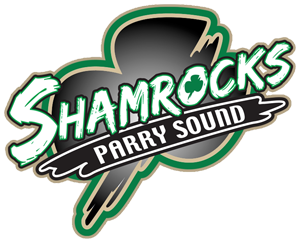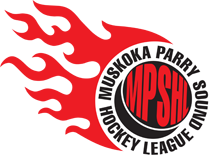
Hockey
CARE FOR HOCKEY INJURIES
No matter how much state-of-the-art equipment hockey players wear and how much pregame stretching they do, it’s quite hard to escape physical injuries in the sport. However, there are a few steps you can try out to try to reduce or prevent common injuries such as groin and hip flexor strains, hyperextension, shoulder separations, ligament sprains, fractures, and lower back pain, etc.
The mechanics of ice skating leave the groin and hip muscles vulnerable to injury because the repetitive action places stress on the legs and hip flexors. If you strain a muscle it can easily become a nagging injury which becomes hard to heal. This is why it’s important to have symmetrical flexibility and strength in the abductors and hips. The stress can be relieved by strengthening and stretching the areas which include the back, abdominal, and gluteal muscles.
Strengthening and stretching may not always prevent an injury, but they’re a good place to start and she be incorporated into your training program. If you do suffer an injury and need treatment it’s generally recommended that you visit a physical therapist for a professional diagnosis and opinion. Physical therapy is a proven method when it comes to treating various hockey injuries to the back, legs, arms, and neck etc. Physical therapists, such as the team at Spectrum Physiotherapy, are specially trained to deal with the wide range of injuries hockey players can suffer. Below are some common hockey injuries and the best ways to treat them:
Ankle sprains
Inflammation of the ankle needs to be taken care of as the healing process can begin once the swelling goes down. Common treatments include manual therapy, deep-friction massage, stability exercises, and soft-tissue mobilization.
Groin pulls
When a hockey player pulls/strains a groin; the extent of the injury needs to be assessed. The physical therapist will then know which types of stretching, exercises and soft-tissue mobilization techniques to employ for the quickest healing method.
Hip problems
Back pain can often be caused by issues with the hips. This is especially true for hockey players since they’re slightly crouched over while skating. The hip flexors can become shortened, which leads to tightness and an unbalance, and low back pain can be the end result. The best way to treat hips is to utilize proactive manual therapy. This includes targeting specific hip muscles, soft-tissue mobilization and stretching the core and abdominal muscles.
Concussions
Unfortunately, concussions are becoming a more common injury in ice hockey and other sports. Some players may have suffered a concussion without knowing it. This is why it’s essential to always wear the proper type of headgear when playing.
Skate Fitting
need blurb here from Marcel
Since the joints and muscles are under a lot of stress while playing hockey you need to participate in strengthening and stability exercises as a way to reinforce your smaller muscles. This will help reduce injuries to the larger joints and muscles. Our team of physical therapists at Spectrum Physiotherapy (change to a multidiscipline type response) can take care of your hockey injuries and make sure you’re back on the ice as soon as possible. We’ll be able to teach injury prevention and create a personal exercise program for you to help with strengthening and conditioning. Our experienced therapists know exactly how to manipulate your muscles the correct way and you’ll also be able to engage in stretching and other exercises at home.
If you simply ignore a hockey injury, no matter how minor it may seem, there’s a chance that it could get worse. The sooner you have it looked at and treated means the quicker the healing process can begin. At Colibri PhysIotherapy and Sound Orthotics we utilize the most advanced physiotherapy techniques to help manage your pain. These include chiropractic care, massage therapy, acupuncture, shockwave therapy and manual therapies. Contact us today if your hockey injuries are keeping you off the ice or from performing at your top level.



Post This!
Share this post with your friends!